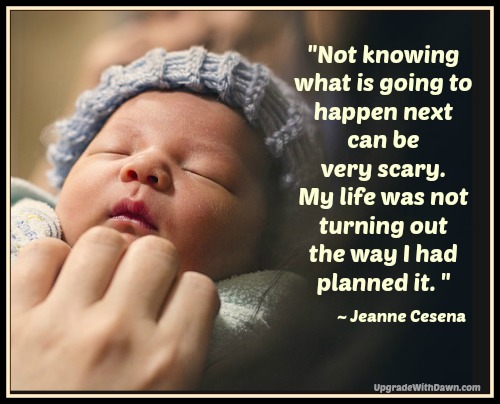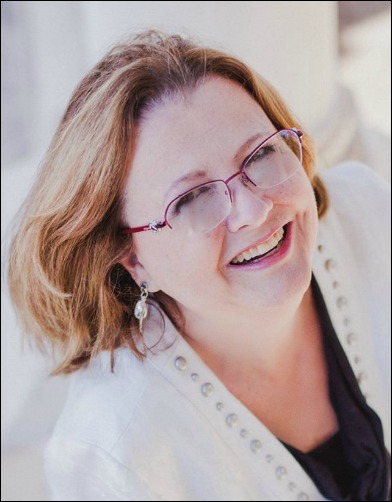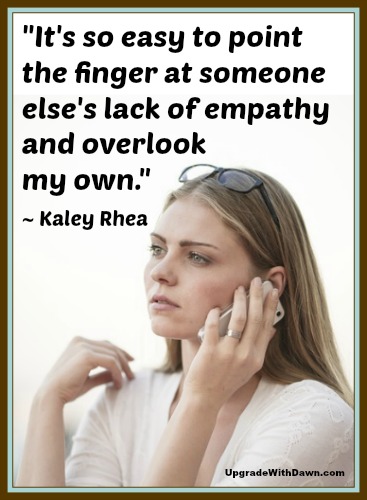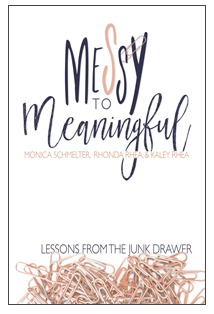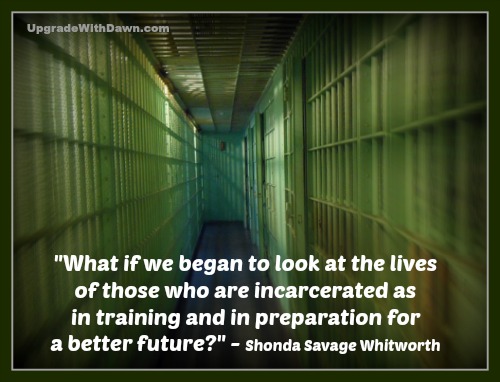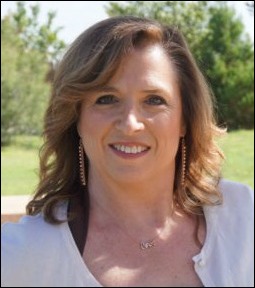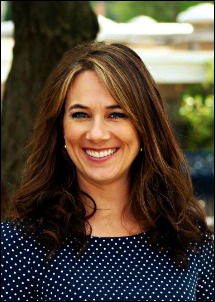Why We Need Billy Graham's Perspective on Time
When I think about Debbie W. Wilson, I think of the word "refreshing." She encourages us to get a fresh perspective on things we take for grated. In this Biblical Thinking UPGRADE, she encourages a more biblical perspective on how we view and use our time.
"When a university student asked Billy Graham what had been the biggest surprise in his life," Debbie says, "he answered, 'My biggest surprise in life is its brevity.'”
I (Dawn) think that realization becomes more apparent the older we get. In day-to-day circumstances, we may forget to live in light of eternity. But life is short; what are we waiting for?
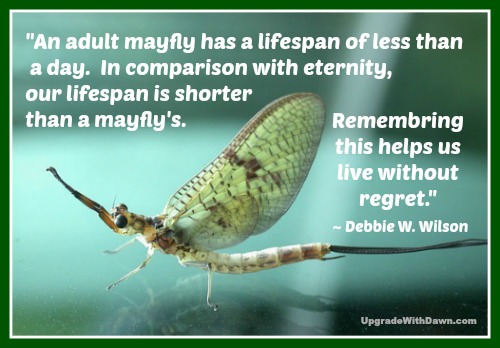 Debbie continues . . .
Debbie continues . . .
James agreed. He wrote to those bragging about their big plans for the future,
“Why, you do not even know what will happen tomorrow. What is your life? You are a mist that appears for a little while and then vanishes” (James 4:14 NIV).
Job put it this way,
“My days come and go swifter than the click of knitting needles, and then the yarn runs out—an unfinished life!” (Job 7:6 The Message).
An adult mayfly has a lifespan of less than a day. In comparison with eternity, our lifespan is shorter than a mayfly’s.
Remembering this helps us live without regret.
Our family traveled I-40 from California to North Carolina. If you look at I-40 as representing eternity—which it feels like when you’re glued to the seat of a car with two small children wanting to escape the back seat—our lifespan covers less than 2 miles of I-40’s 2,555 miles.
Cultivating an Eternal Perspective
Remembering life’s brevity should shake us from our slumber. Are we living for the 20-mile stretch or for eternity?
Remembering the brevity of life changes us. It changes—
1. Our PURPOSE
Instead of bragging about my plans, I seek His plan for my life. He knows the future; I don’t.
I want to live for eternity.
2. Our DEFINITION of a Deal.
James rebuked the wealthy who got rich by not paying their workers on time.
“You thought you were piling up wealth. What you’ve piled up is judgment” (from James 5:1-3 The Message).
If saving some cash cheats a sales person out of the fair compensation he needs to feed and shelter his family, it is not a good deal.
The wealth of those James rebuked became a source of shame when they faced death.
3. What we COLLECT
I love to decorate, but when our family moved to the Midwest for a two-year stint, we didn’t invest much time or money into our rental house. However, I willingly spent more on furnishings at a nearby antique auction for pieces I knew we’d move to our permanent home.
It would have been a waste to paint walls and plant shrubs in a place we were soon leaving.
When we set up our permanent home, we were thankful for the pieces we’d bought with our future in mind.
It’s not wrong to store up treasure. We just need an eternal mindset to identify real treasure and to store it in the right place where it will not be corroded or have the power to corrupt us (Matthew 6:19-34).
4. The LEGACY We Leave
A cartoon showed a man standing before a storage unit with his son. The raised door revealed a space packed from floor to ceiling with stuff.
“This will all be yours one day,” the father beamed as his son grimaced.
What am I leaving behind? For what will I be remembered?
Billy Graham’s “brief” life on earth ended this year. His faithfulness to Christ during his 99 years blessed millions. I can only imagine the throngs of people who greeted him in heaven.
Our lives may not be as public as his, but our choice to live with an eternal perspective is just as valuable.
How does considering the brevity of life change how you live today?
Debbie W. Wilson—drawing from her personal walk with Christ, twenty-four years as a  Christian counselor, and decades as a Bible teacher—speaks and writes to
Christian counselor, and decades as a Bible teacher—speaks and writes to help others discover relevant faith. She is the author of Little Women, Big God and Give Yourself a Break. Share her journey to refreshing faith at her blog and website.
help others discover relevant faith. She is the author of Little Women, Big God and Give Yourself a Break. Share her journey to refreshing faith at her blog and website.
Graphic Adapted, courtesy of JaStra at Pixabay.
 Post a Comment → Posted on
Post a Comment → Posted on  Tuesday, April 3, 2018 at 8:31AM
Tuesday, April 3, 2018 at 8:31AM  Brevity of Life,
Brevity of Life,  Debbie W. Wilson,
Debbie W. Wilson,  Eternal Focus,
Eternal Focus,  Eternal Perspective,
Eternal Perspective,  Legacy,
Legacy,  Perspecitve,
Perspecitve,  Time,
Time,  Time Management,
Time Management,  Upgrade with Dawn,
Upgrade with Dawn,  Wise use of time Upgrade Your Life
Wise use of time Upgrade Your Life  Biblical Thinking,
Biblical Thinking,  Perspective,
Perspective,  Time Management
Time Management 




